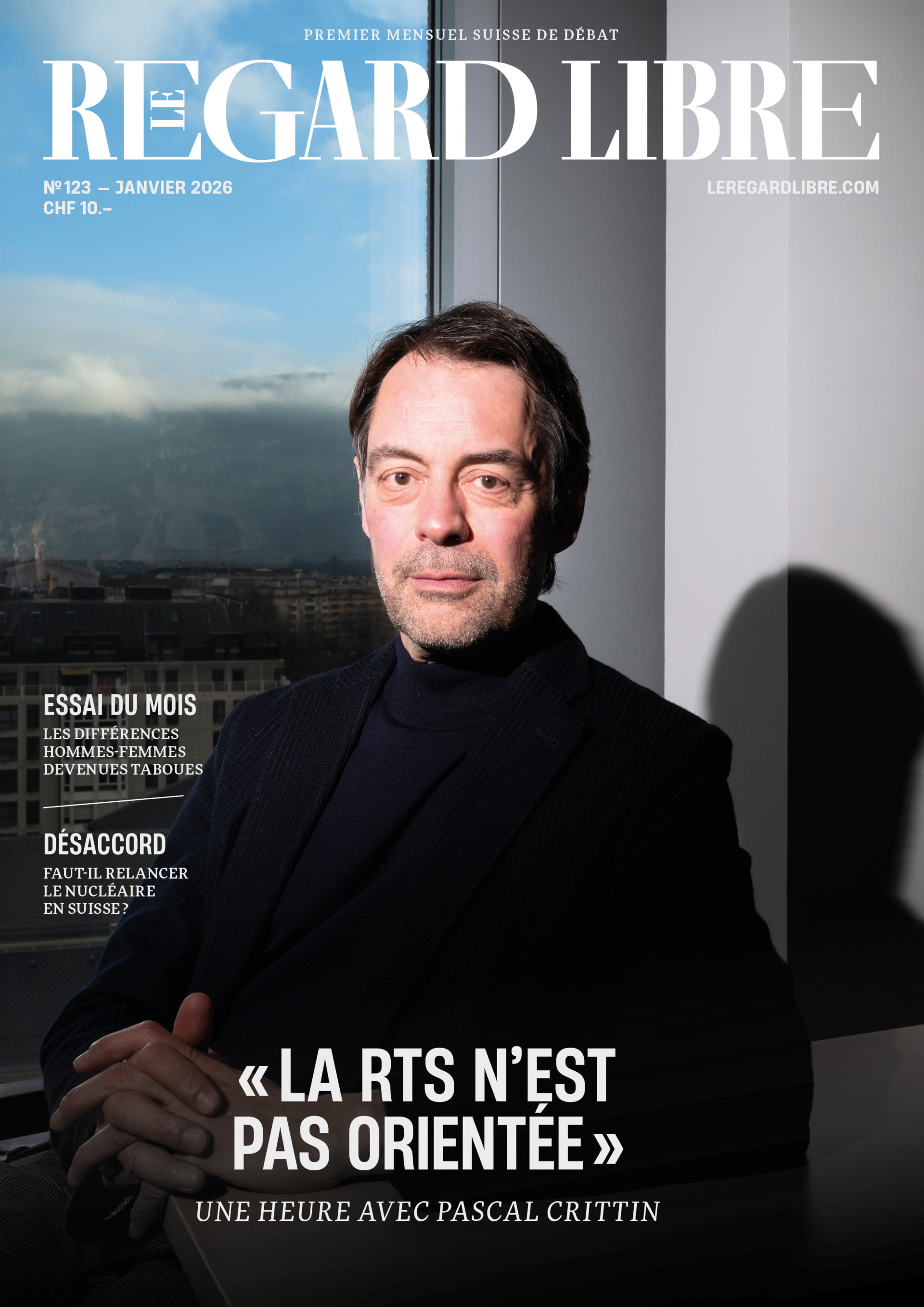What can literature do for the living? In an unclassifiable text, somewhere between a narrative and a literary essay, Tanguy Viel attempts to capture fleeting thoughts in order to stretch them out on the pages of his new work, Vivarium.
Many a writer and philosopher has asked whether the truth lies in books. Do they succeed in accurately depicting life, lived reality? Tanguy Viel has taken up this question, slowly, by focusing on words.
The meaning of things
Each word has its own meaning, given to it by dictionaries, but even more so by the way it is used in everyday speech. Overused words can wear out and lose their meaning. Tanguy Viel describes this feeling well, akin to the strange sensation we get when we pronounce a word too many times in a row, so that it loses its meaning.
«For a long time I didn't know how to name any tree or plant. For a long time I put up with this emptiness and lived like everyone else among hazelnuts, oaks or hornbeams, in the silence of their names - lexical silence [...].»
The power of literature lies in the fact that it binds words to tangible things by forming sentences, and connects individuals to one another through a game of transmission. The author raises an important point, one that makes literature a medium. It connects people regardless of the times in which they live. The text outlives people and transcends time, in his view. The notion of temporality is fundamental. In a fast-paced lifestyle, written works are a source of stability.
Between literature and the real world, a more or less opaque pane of glass
While Tanguy Viel recognizes literature as a powerful tool for communication, he nonetheless questions its porosity with the «real» world, the one that occupies our daily lives. Does literature ultimately answer only to itself, or does it cross the boundary of fiction to inscribe itself in materiality?
To illustrate his point, the author uses the example of train travel, which he sees as a moment when he can reconnect with the world. For him, it's impossible to read on a train: he's always caught up in the scenery as it passes by, in what's going on around him:
«(...) then it's that my deepest truth, my most inner truth was not to be found in books, but on the outside, on the other side of the glass, and that the one really great book I dreamed of reading didn't need this forest of tangled sentences (...).»
Vivarium is thus a navigation between reflections and well-chosen literary references. In an iodized phrasing reminiscent of his Breton origins, the author demonstrates that what ultimately separates literature from the real world is that the former can be controlled, while the latter is largely beyond human control.
Write to the author: chelsea.rolle@leregardlibre.com




